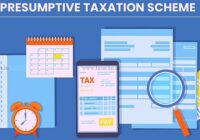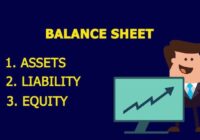What tax-related considerations do online content creators need to address in their bookkeeping?
Online Income Reporting Online income reporting content creators need to pay careful attention to several tax-related considerations when it comes to their bookkeeping. First and foremost, they should maintain meticulous records of their earnings from various sources, such as ad revenue, sponsorships, and affiliate marketing. These records should include transaction details, payment dates, and… Read More »









